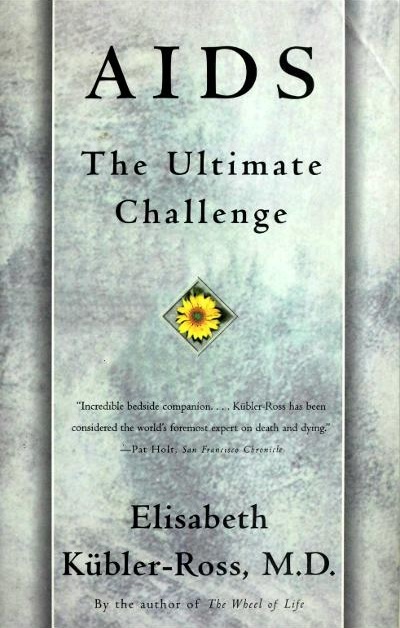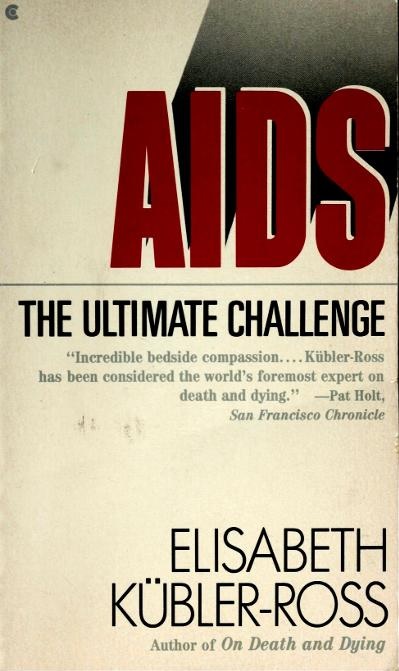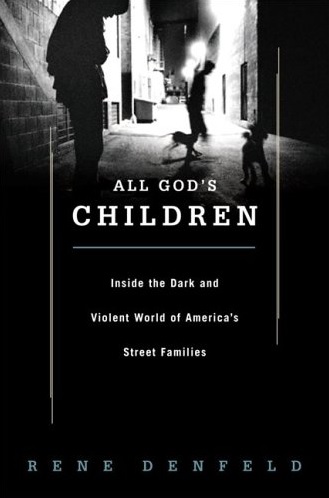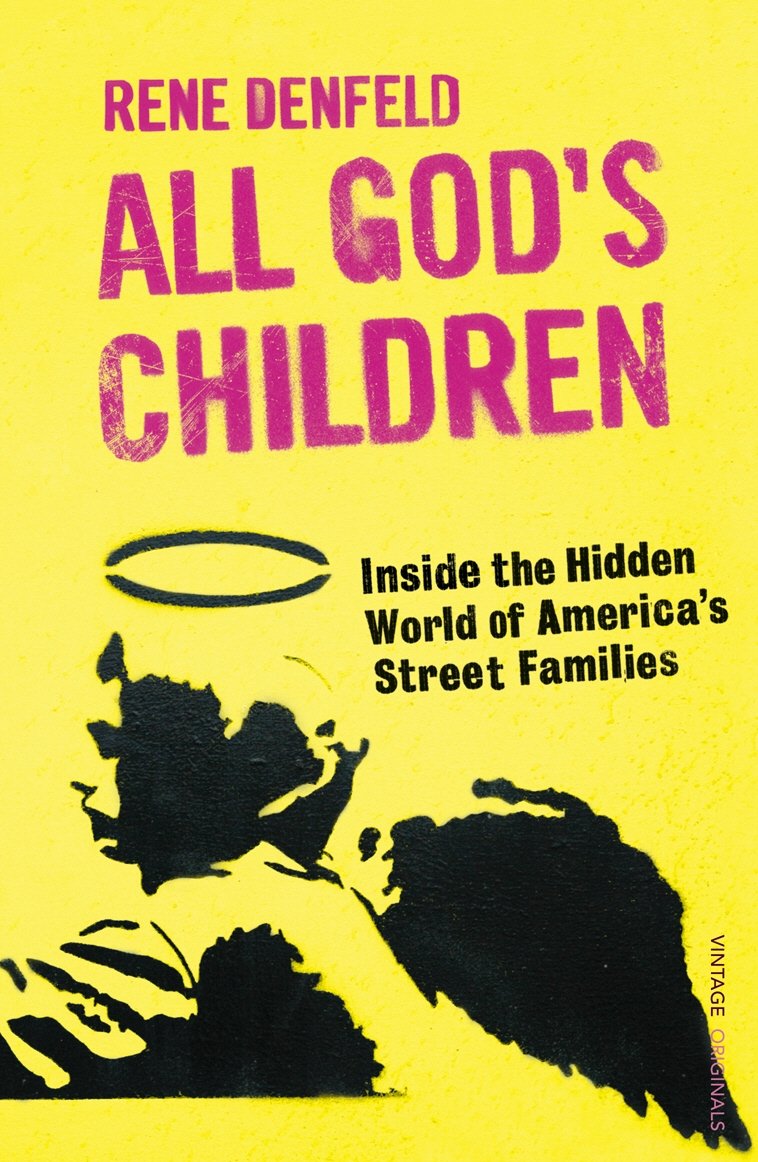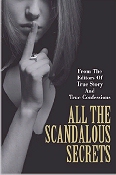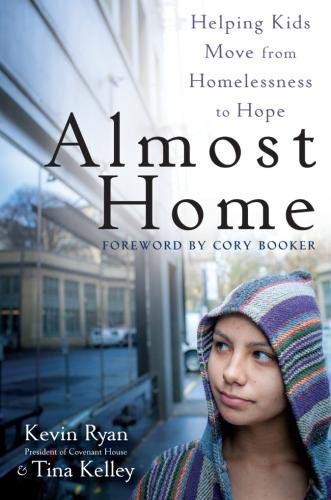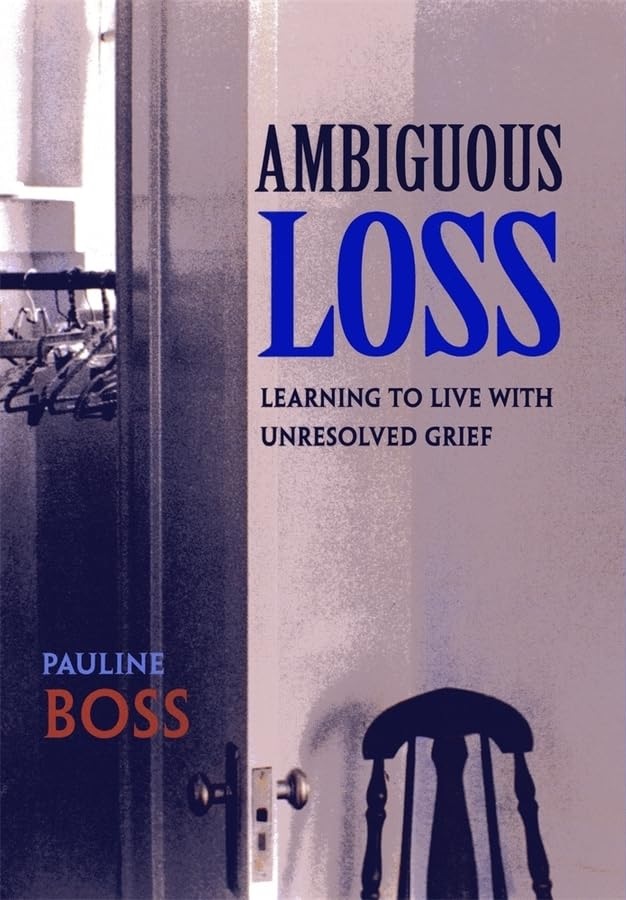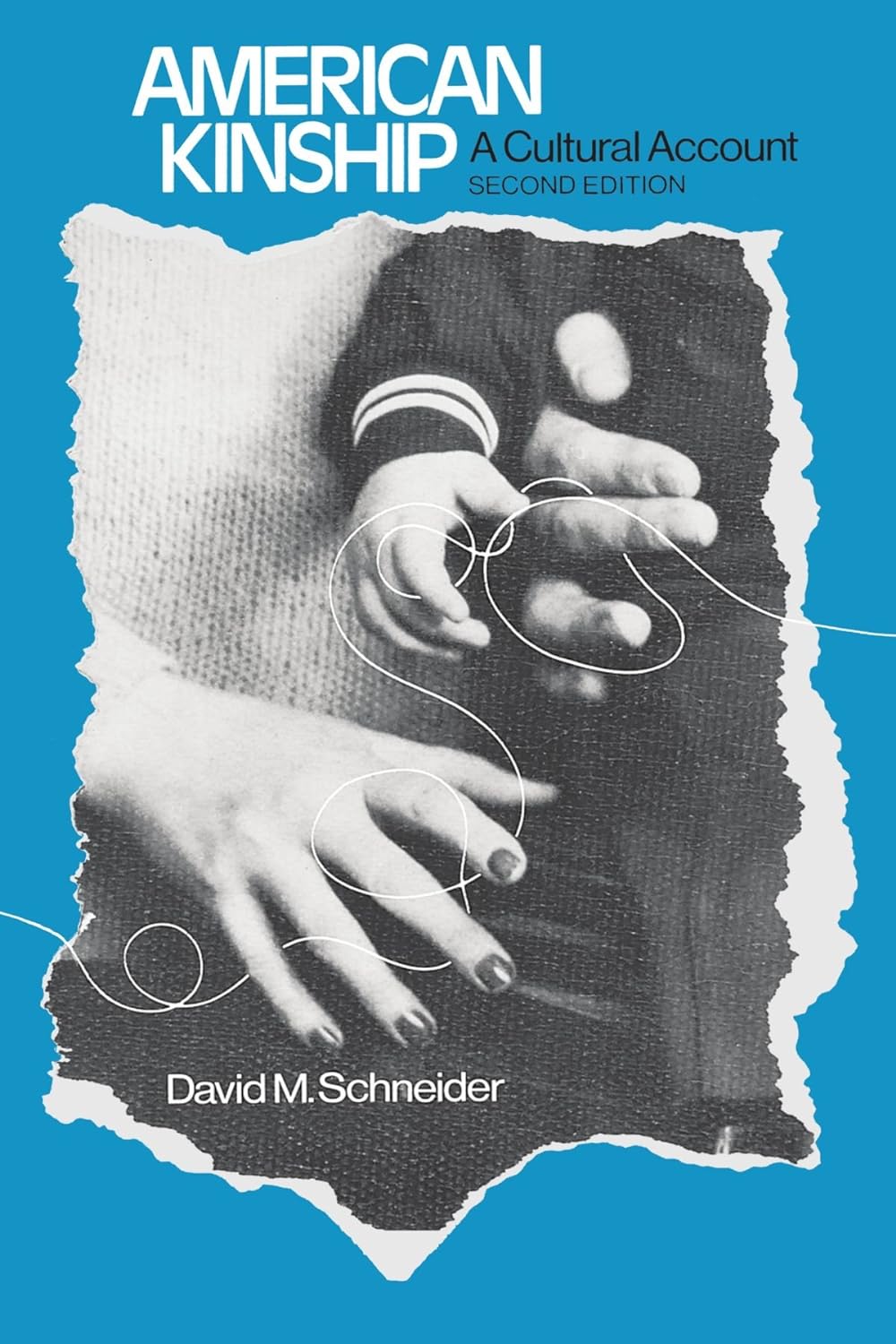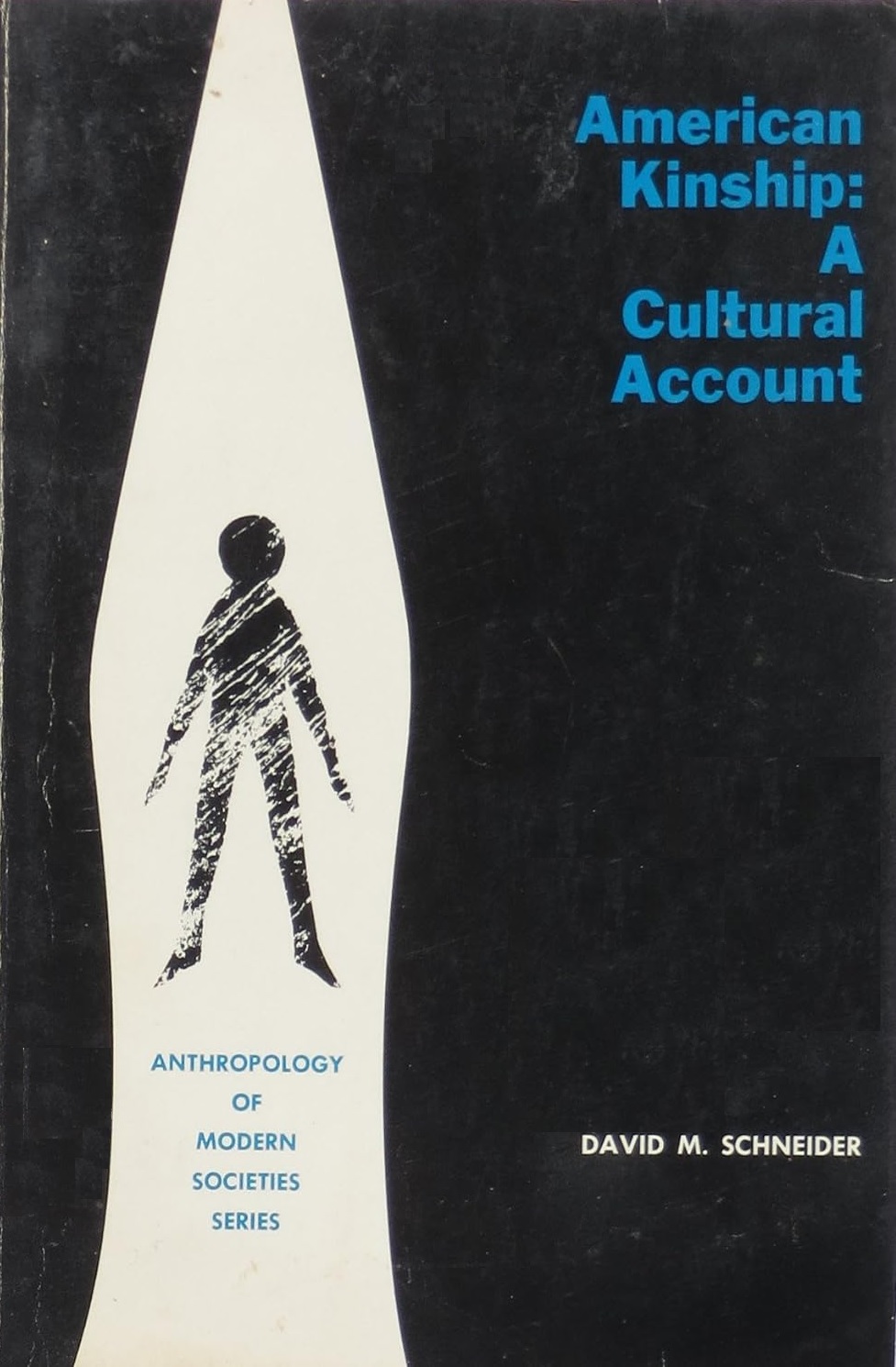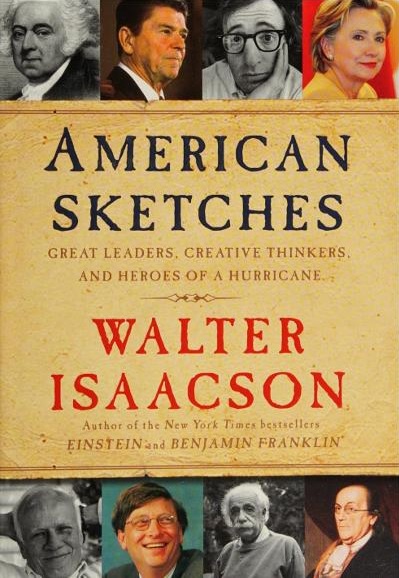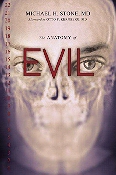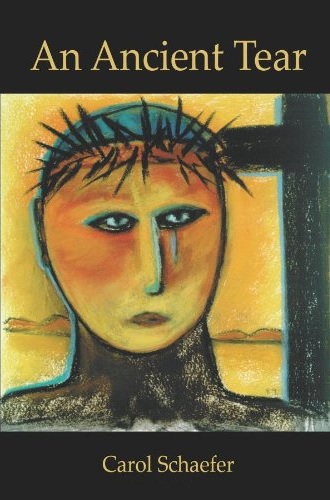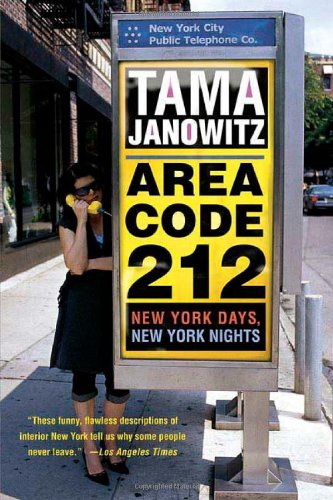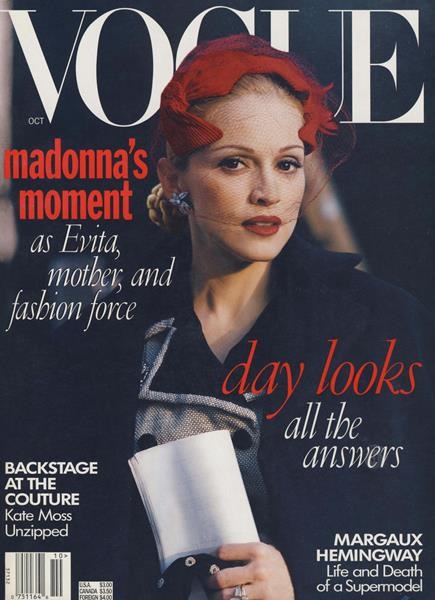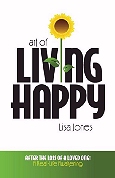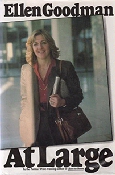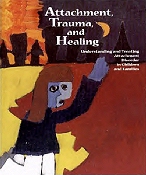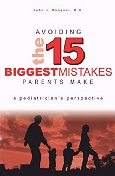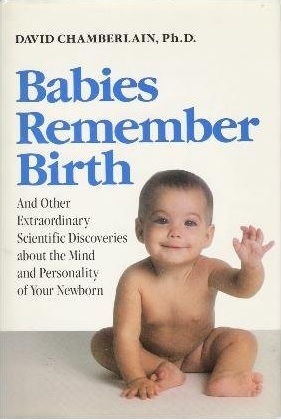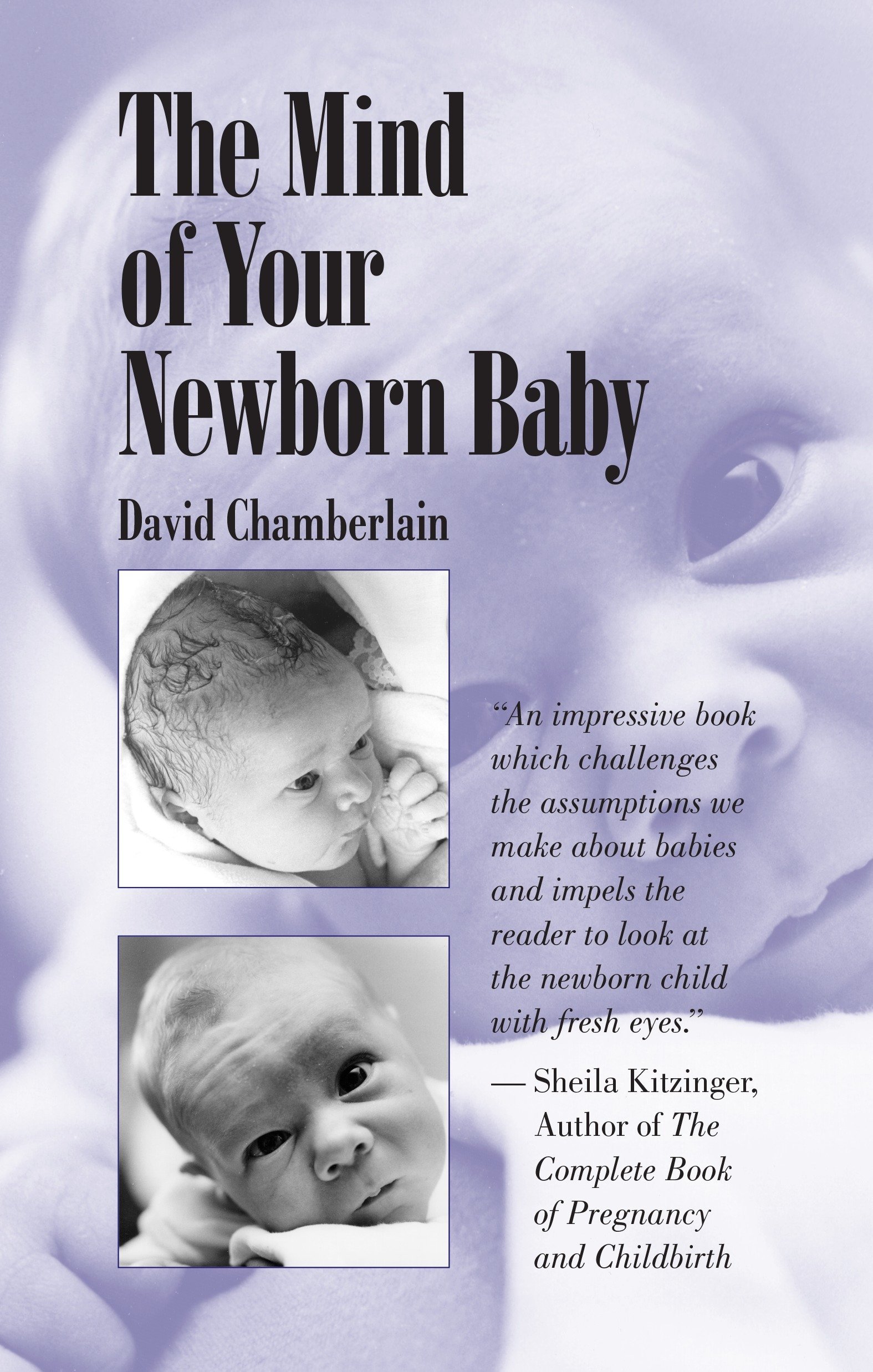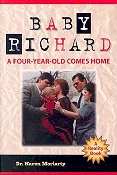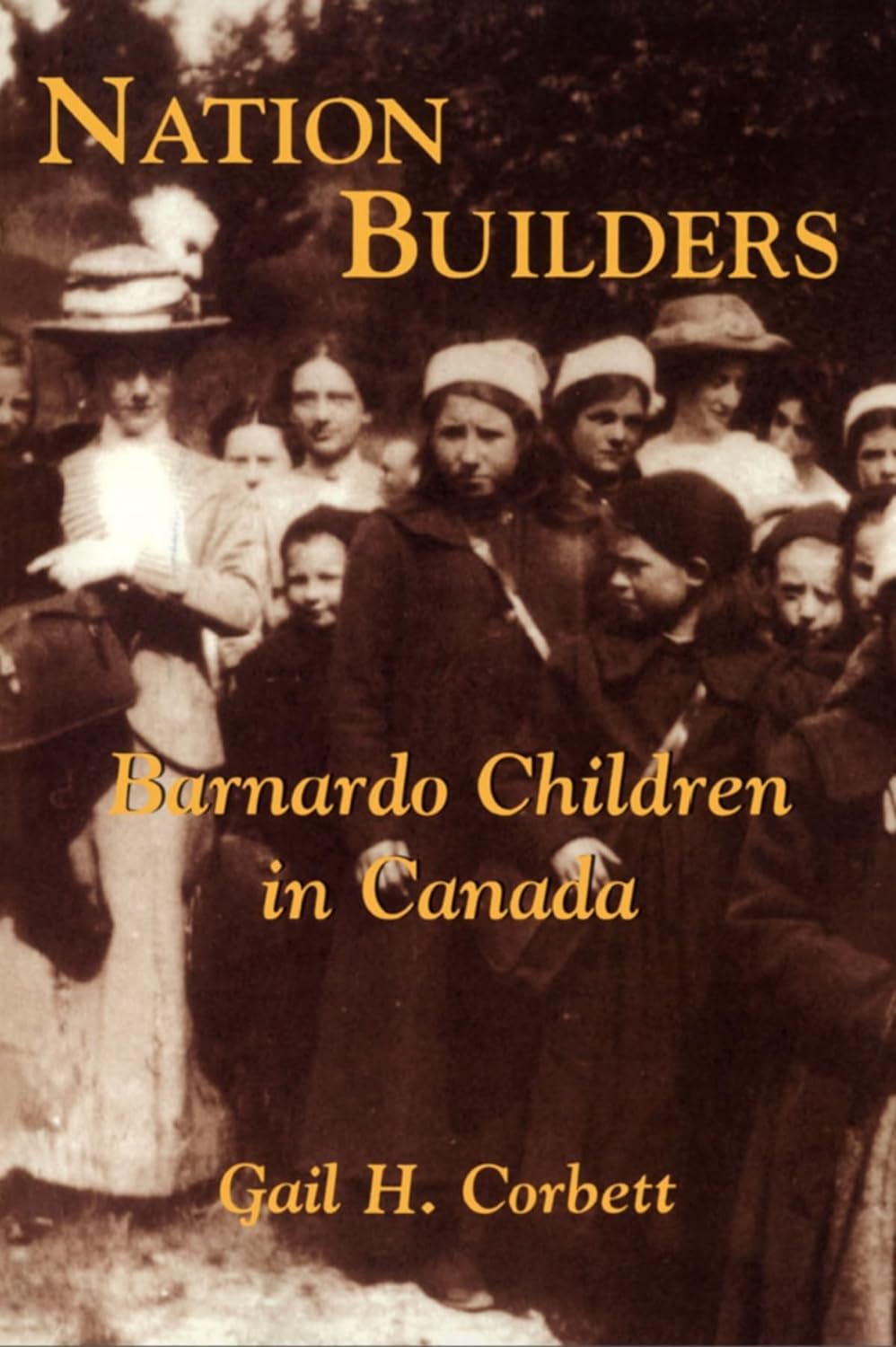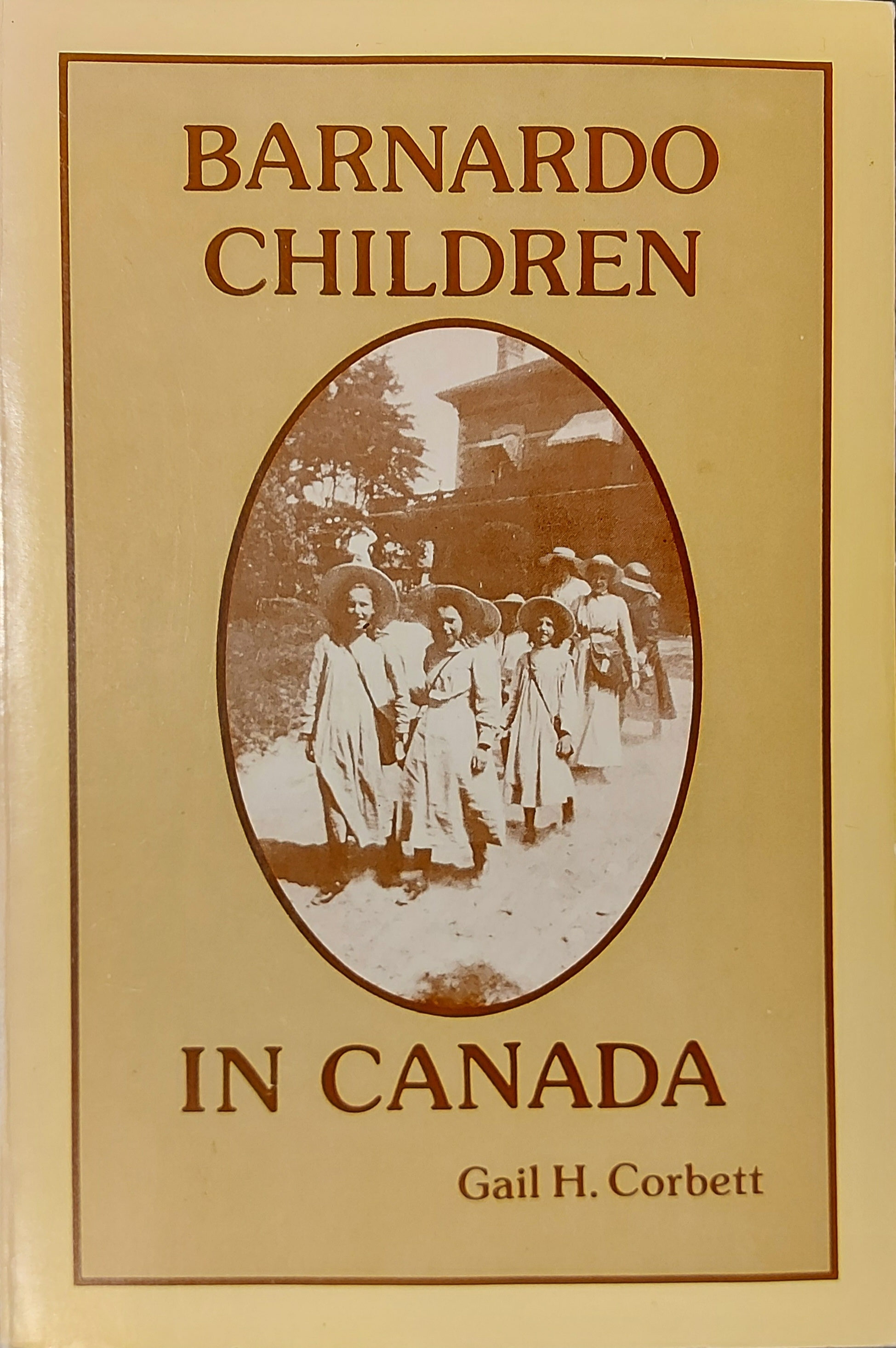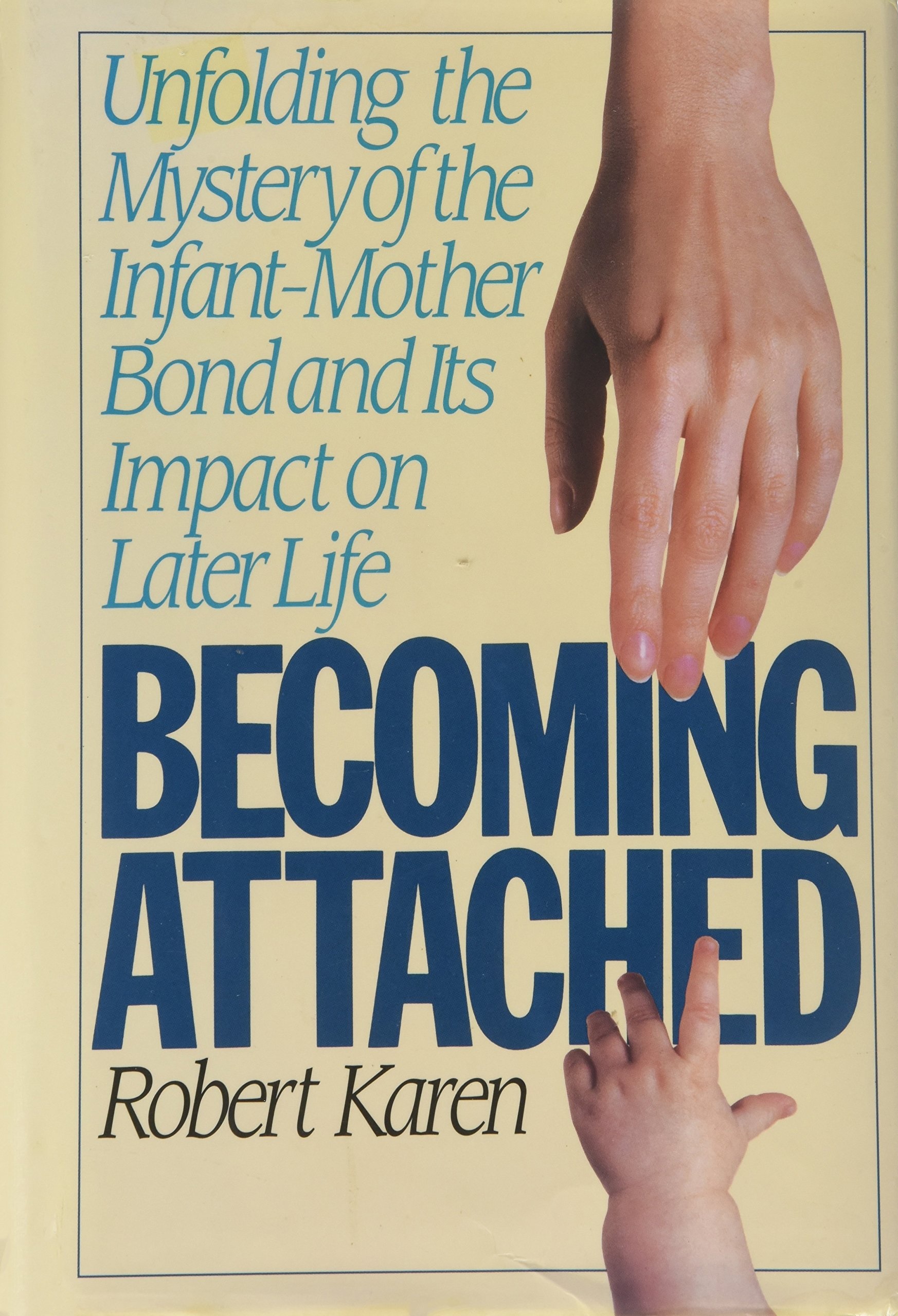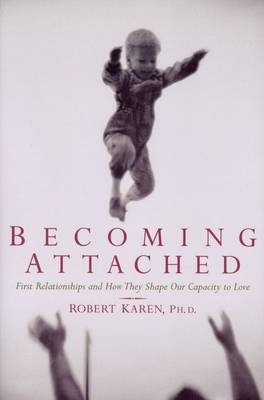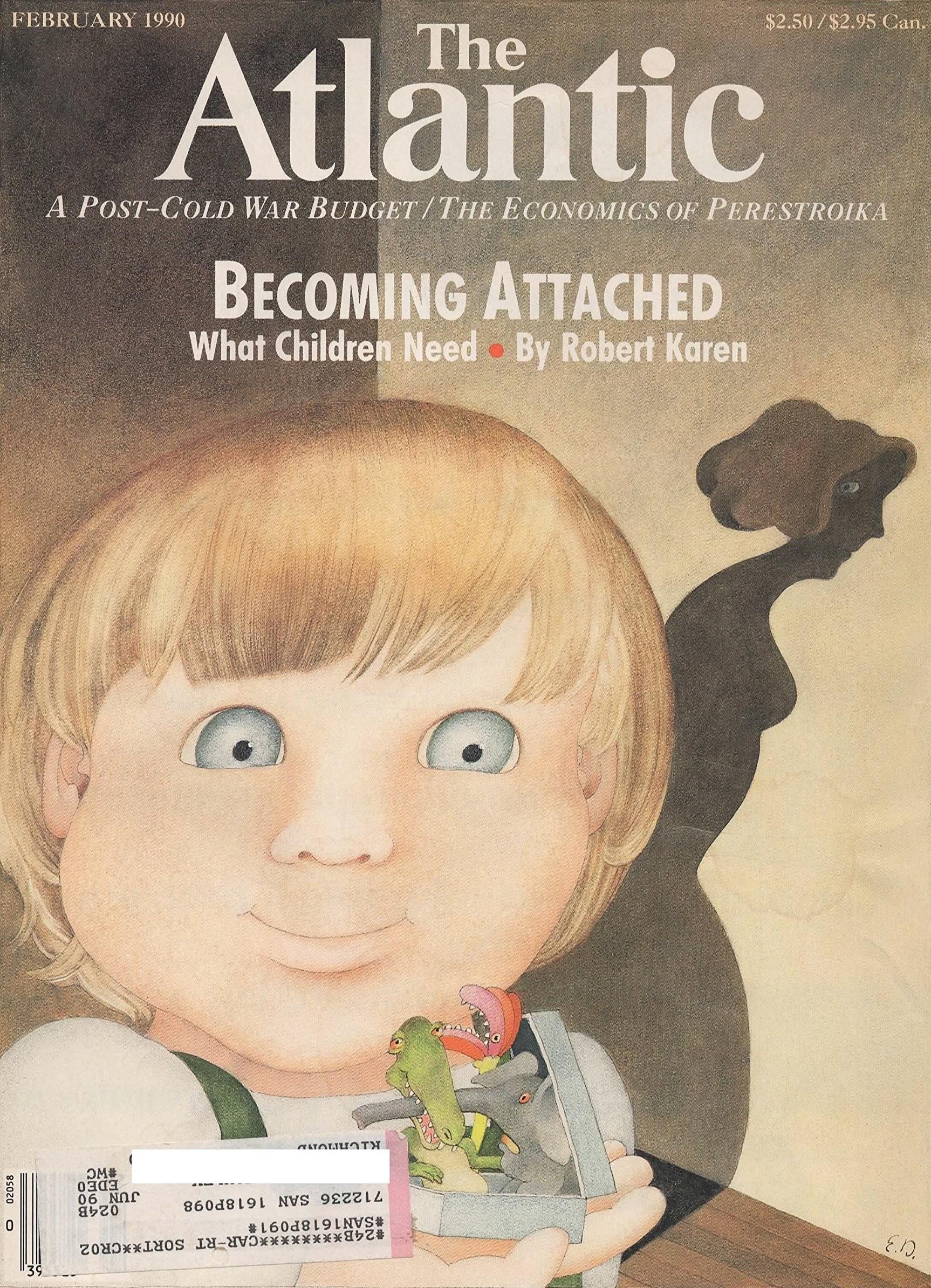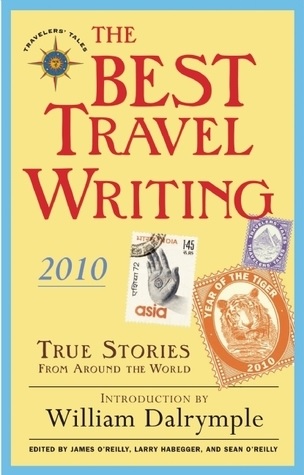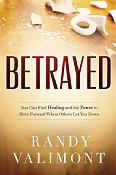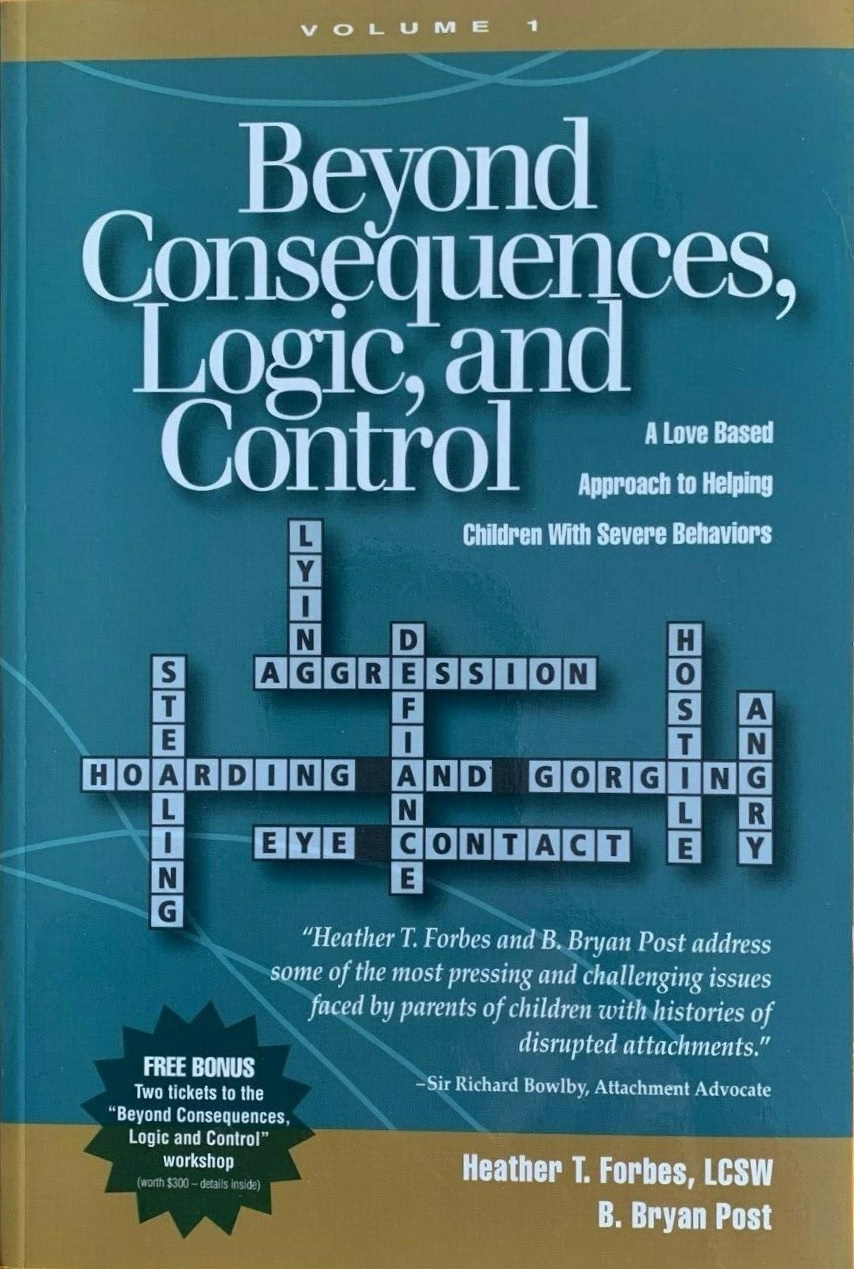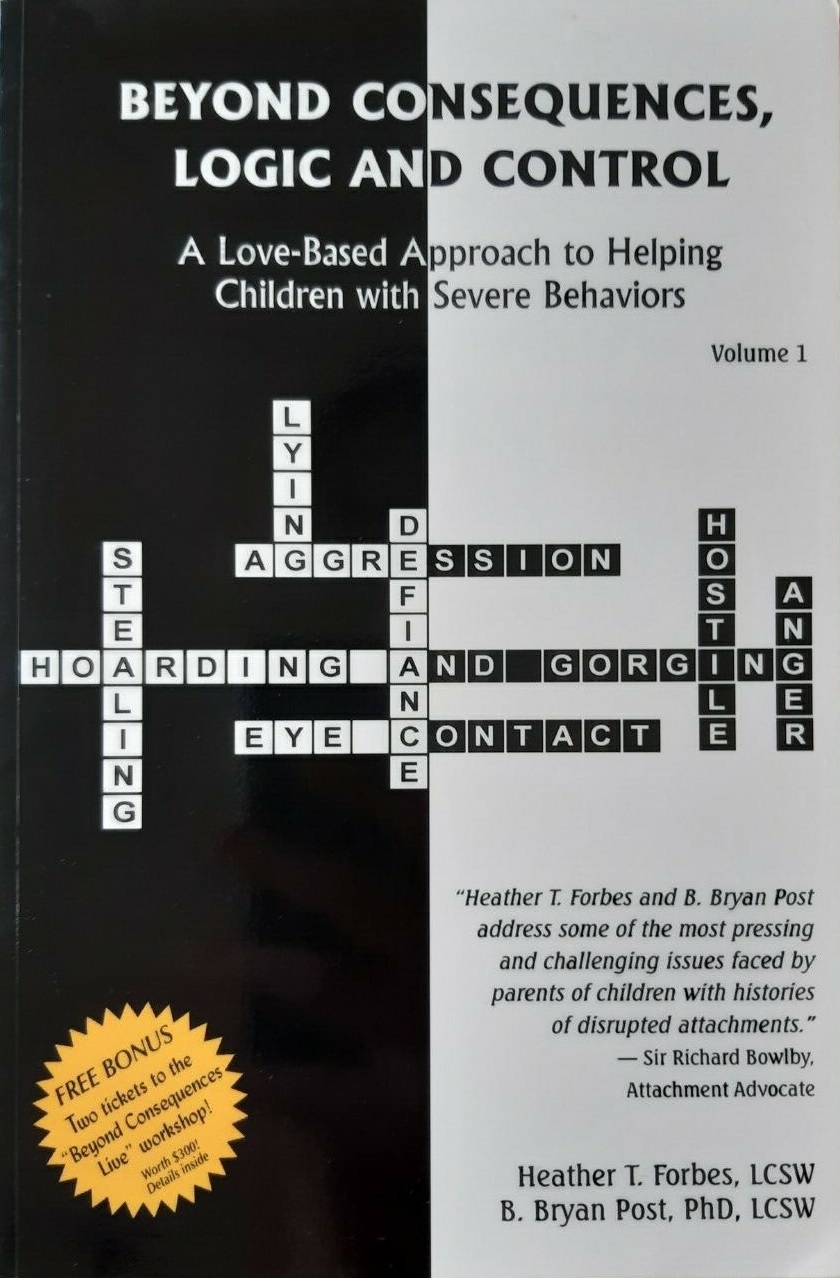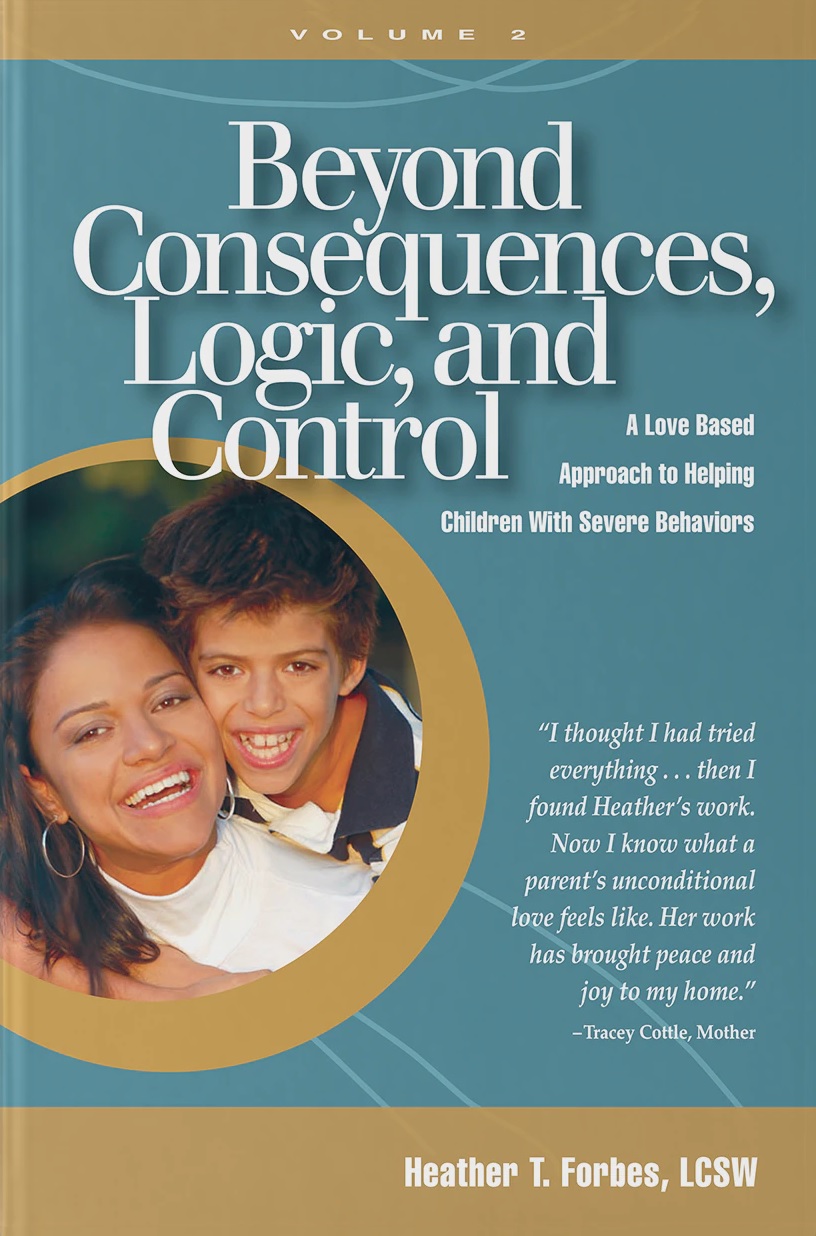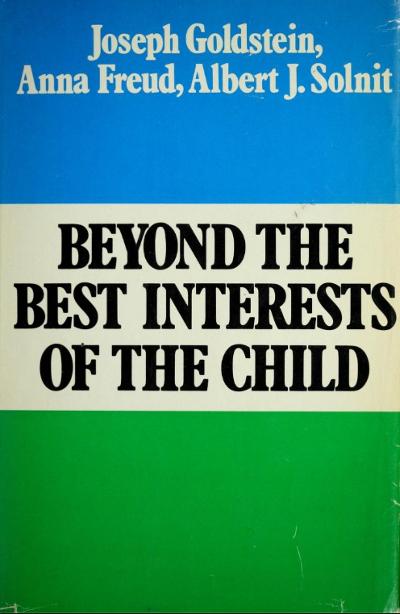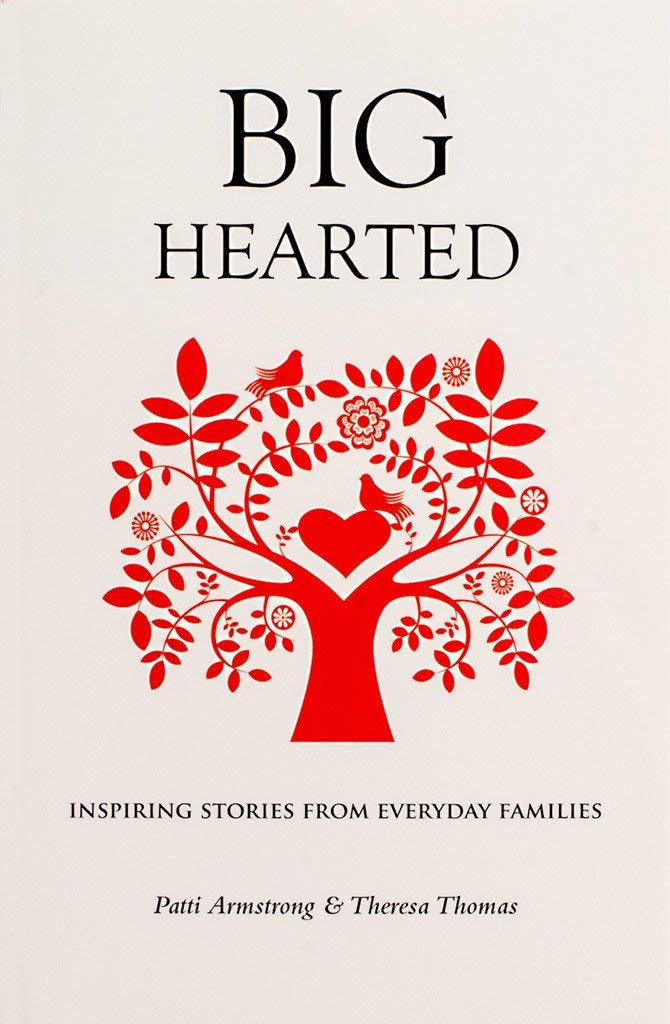From the Publisher:
In the past half century, we have moved from criminalization of abortion to legalization, although unequal access to services and violent protests continue to tear American society apart. In this provocative volume, a passionate and diverse group of abortion rights proponents—journalists, scholars, activists, lawyers, physicians, and philosophers—chronicles the evolution of one of the most intensely debated issues of our time.
Unique in its attention to so many aspects of the debate, Abortion Wars places key issues such as medical practice, activism, legal strategies, and the meaning of choice in the deeply complex historical context of the past half-century.
Taking the reader into the trenches of the battle over abortion rights, the contributors zero in on the key moments and turning points of this ongoing war. Rickie Solinger and Laura Kaplan discuss the covert history of abortion before Roe v. Wade, including the activities of the abortion providers called Jane. Faye Ginsburg examines the recent rise of anti-abortion militancy and its ties to the religious right. Jane Hodgson reflects on her career as a physician and abortion practitioner before abortion was legal, and Alison Jaggar explores the changing theoretical underpinnings of abortion rights activism. Other essays stress the need to redefine the reproductive rights movement so that race and class as well as gender considerations are at its core and raise questions regarding abortion rights for poor women and women of color.
Taken together, the historical and interdisciplinary perspectives collected here yield a complex picture of what has been at stake in abortion politics during the past fifty years. The essays clarify why so many women consider abortion crucial to their lives and why opposition to abortion rights has become so violent today. The essays illuminate a fundamental lesson about the nature of social change in the United States: that judicial decisions that overturn restrictive laws and establish new rights do not settle social policy and, in fact, are likely to spark severe and long-lasting resistance.
About the Author:
Rickie Solinger is the author of The Abortionist: A Woman Against the Law (California, 1996) and Wake Up Little Susie: Single Pregnancy and Race before Roe v. Wade (1992).
Amy Kesselman
is professor of women’s studies at the State University of New York at New Paltz. She is the author of Fleeting Opportunities: Women Shipyard Workers in Portland and Vancouver during World War II and Reconversion (SUNY Press, 1990) and one of the editors of Women: Images and Realities, a Multicultural Anthology (Mayfield, 1995), and is currently working on a study of the women’s liberation movement in New Haven, Connecticut, 1967-75.
After living in Tanzania and England, Dr. Elizabeth Karlin
had two children before starting medical school at the University of Wisconsin, which she thought would be easier than being a full-time mother. It was. She is certified by the American Board of Internal Medicine and has practiced as an internist. For the last six years she has specialized in reproductive health (which is not a recognized specialty), including abortions. She is a coauthor of the American Medical Women’s Association Reproductive Health Curriculum. She lectures to medical students and writes on the joy and angst of being an abortion provider.
By the Same Author:
Wake Up Little Susie: Single Pregnancy and Race Before Roe v Wade (1992, Routledge);
The Abortionist: A Woman Against the Law (1994, Free Press);
Beggars and Choosers: How the Politics of Choice Shapes Adoption, Abortion, and Welfare in the United States (2001, Hill & Wang);
Pregnancy and Power: A Short History of Reproductive Politics in America (2005, NYU Press);
Interrupted Life: Experiences of Incarcerated Women in the United States (co-editor) (2010); and
Reproductive Politics: What Everyone Needs to Know (2013, Oxford University Press).
Compiler’s Note:
See,
particularly,
Pregnancy and Power before Roe v. Wade, 1950-1970 by Rickie Solinger (pp.15-32);
Women Versus Connecticut: Conducting a Statewide Hearing on Abortion by Amy Kesselman (pp. 42-67); and
“We Called It Kindness”: Establishing a Feminist Abortion Practice by Elizabeth Karlin.
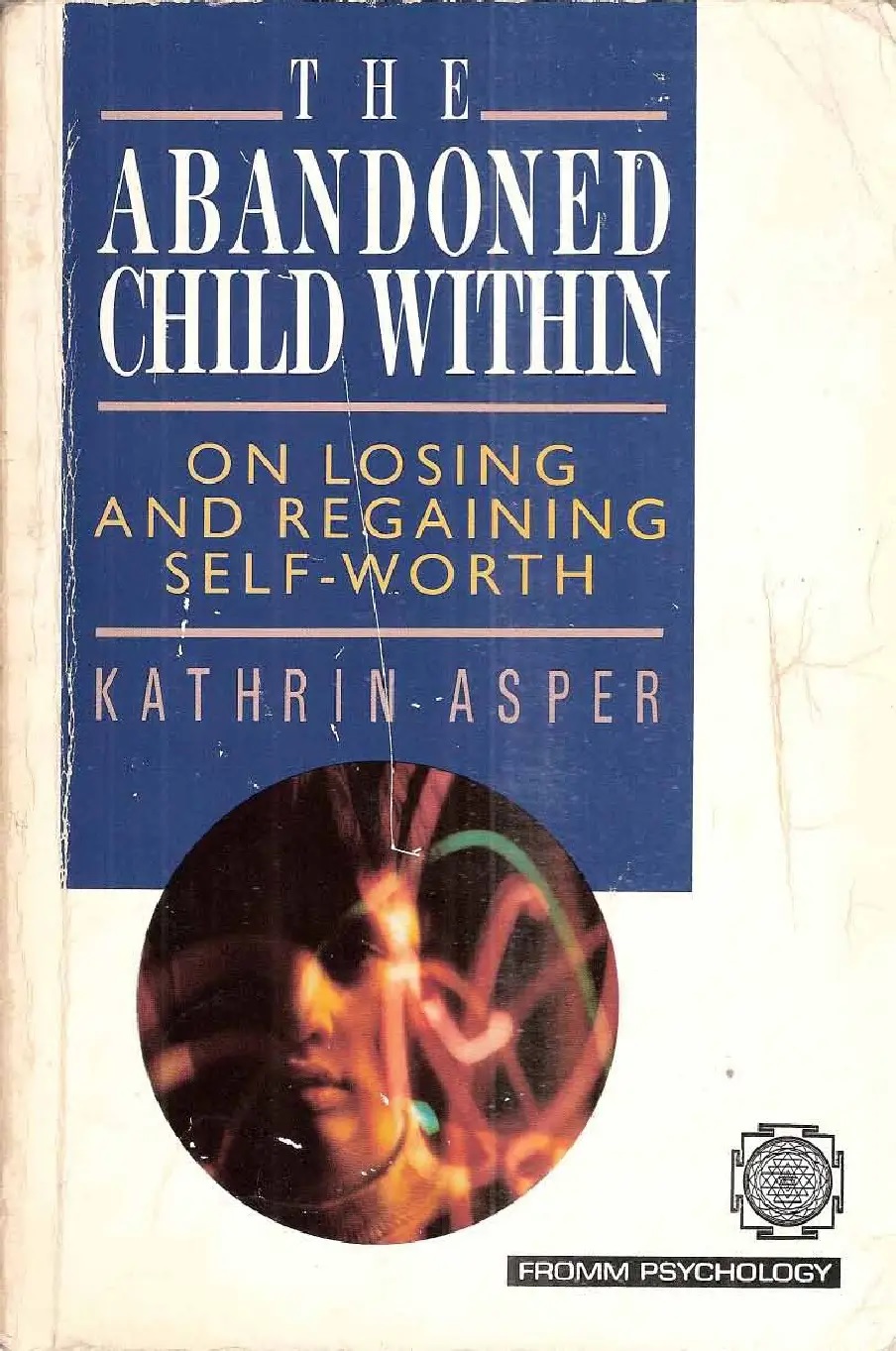

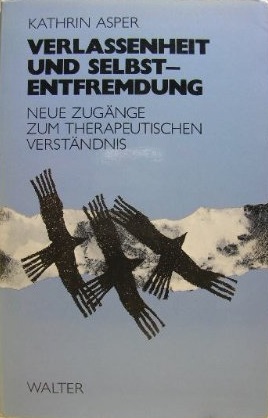
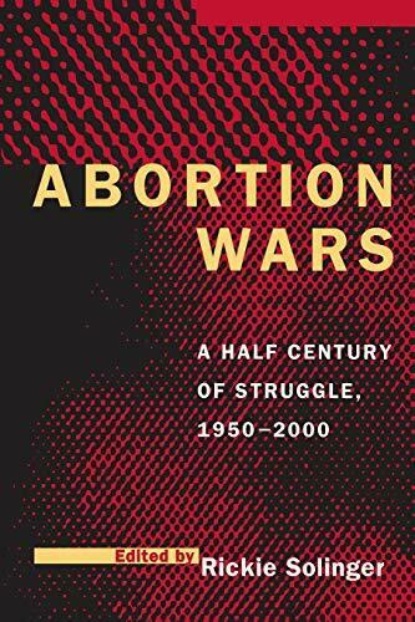
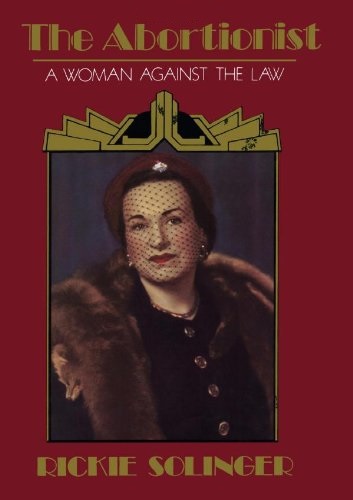
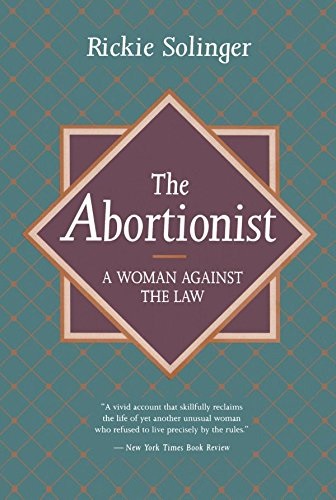
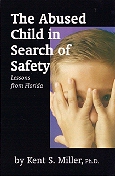
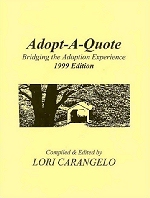
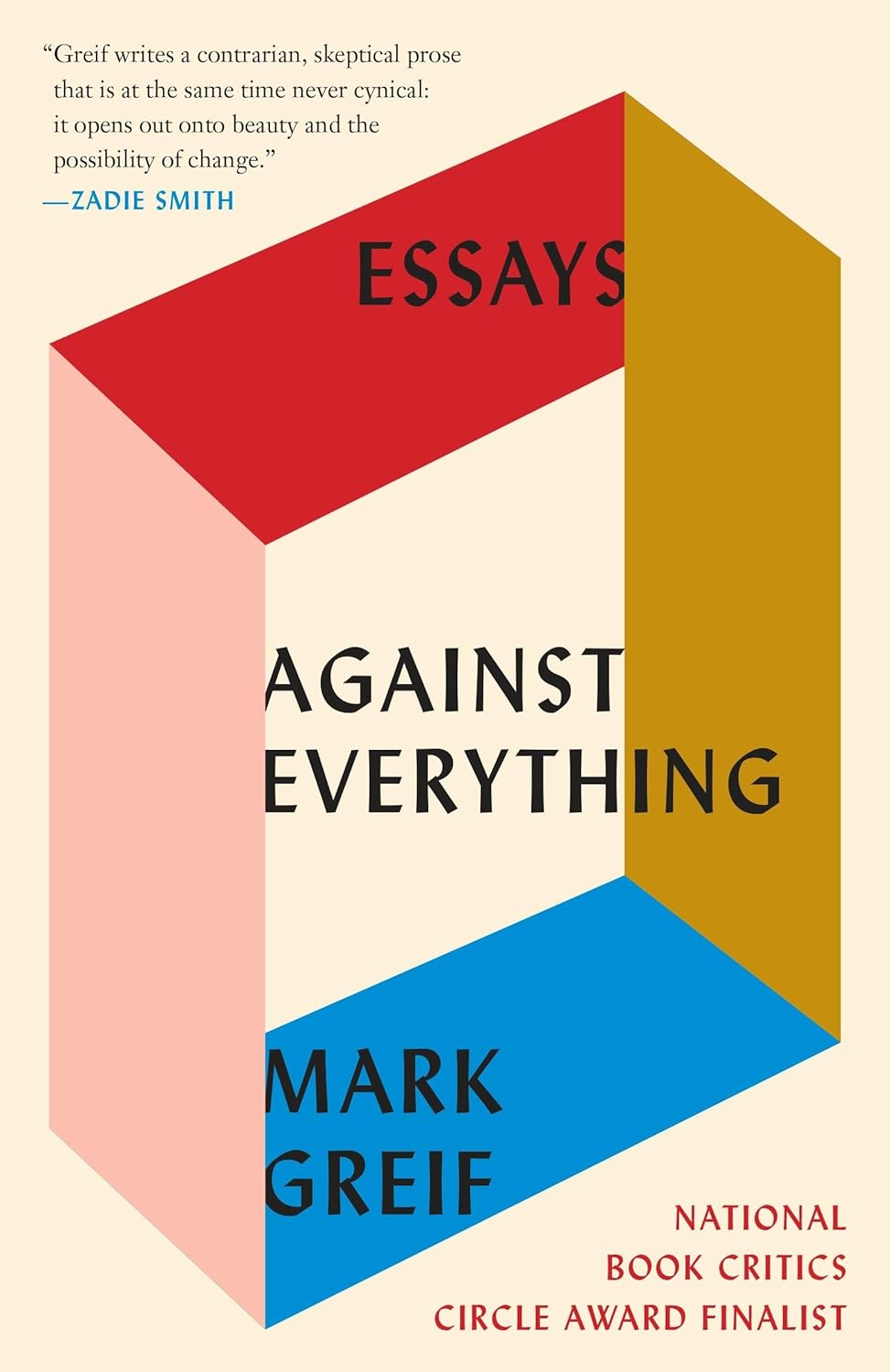
.jpg)

